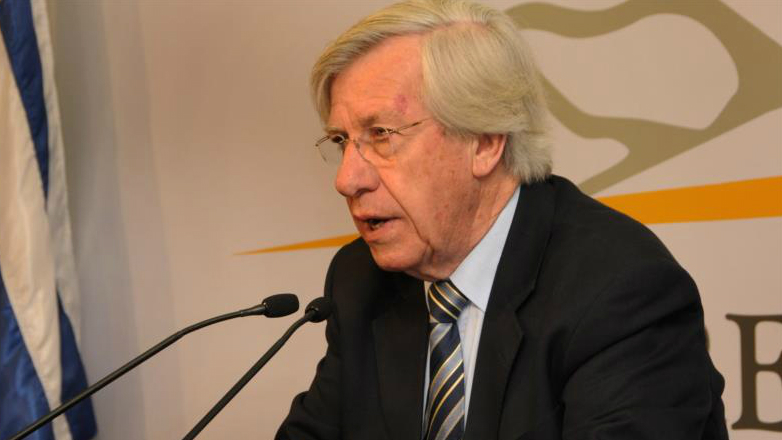According to the quarterly report on Uruguayan economy, Uruguay in Focus, made by the Ministry of Finance, the economic activity in Uruguay picked-up during the third quarter of 2016, despite recessions in neighboring countries.
Leading economic indicators, consumer confidence and record-high tourist arrivals during the summer season suggest that growth momentum, carried into the last quarter of 2016 and the beginning of 2017.
Also, inflation has continued to decelerate, closing 2016 at 8.1% year-over-year, down from a 11% in May 2016.
The 2016 consolidated fiscal deficit was equivalent to 4.0% of GDP. Fiscal consolidation measures came into effect in January, aimed at reaching a 2.5% overall deficit by 2019. The current account deficit (CAD) shrank to 0.7% of GDP, the lowest figure in the last six years. Given the solid international reserve position and the financing of the CAD through foreign direct investment inflows, external stability risks remain contained.
R&I affirmed Uruguay’s credit rating and left the Positive Rating Outlook unchanged
On December 26th, the Japanese credit rating agency Rating and Investment, affirmed Uruguay`s (“BBB-) rating, while keeping the positive outlook unchanged.
In R&I’s view, the government has reinforced its commitment to fiscal consolidation, and the economic outlook has been brightened particularly through stronger investment. Nevertheless, given the uncertainty of the external environment, economic trends and execution risks for fiscal and monetary policies continue to warrant attention according to R&I. A rating upgrade will become more likely if a steady implementation of a fiscal consolidation plan can be envisaged.
Uruguay reduces carbon footprint in energy production by investing heavily in renewables sources
In 2016, the country’s low-carbon mix of wind, solar, biomass and hydropower made up 57% of the country’s entire energy mix, which includes transportation fuel. In comparison, the share of renewables in the total global energy mix hovers at around 12%, and is around 20% on average in Europe.
Furthermore, these renewable resources contribute 94% of the country’s electricity generation. Over the last decade, Uruguay became the Latin American country with the highest share of wind- generated electricity.
Uruguay remains a bastion of social, political and institutional stability in Latin America
Across a wide range of reports recently released by international organizations, Uruguay continued to show during 2016 the highest level of institutional quality and rule of law, the lowest perceived corruption and the strongest inclusive growth among its Latin American peers. It has also improved its ranking position in the world in several other indicators such as regulatory enforcement, independence of justice, peace, democracy and press freedom.
Source: Uruguay In Focus & Marca País





